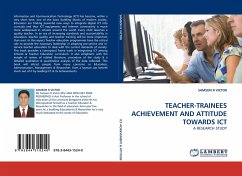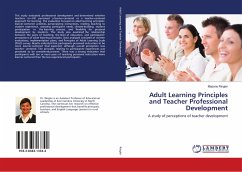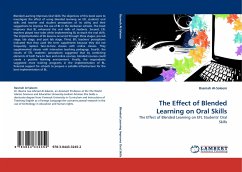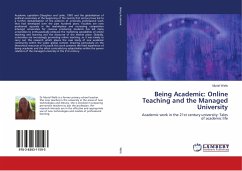How do digital and networked technologies really affect the processes of teaching and learning? This book addresses the potential of digital technologies, the political rhetoric surrounding them, and the attempts at making them work in the classroom. The school subject in question is English as a foreign or second language, and this book shows how traditional practices are challenged and in many ways transformed as educational contexts become more complex. Future-oriented practices will largely have to be developed by this generation of teachers. Technologies influence language production, our use and understanding of language, and how we are socialized through taking part in communicative activities. Language educators need to appropriate technologies from a social and relational perspective. The present study has been written with such an approach in mind. It should be useful for everyone involved with or with an interest in educational issues that currently emerge and challenge institutional practices.
Bitte wählen Sie Ihr Anliegen aus.
Rechnungen
Retourenschein anfordern
Bestellstatus
Storno








